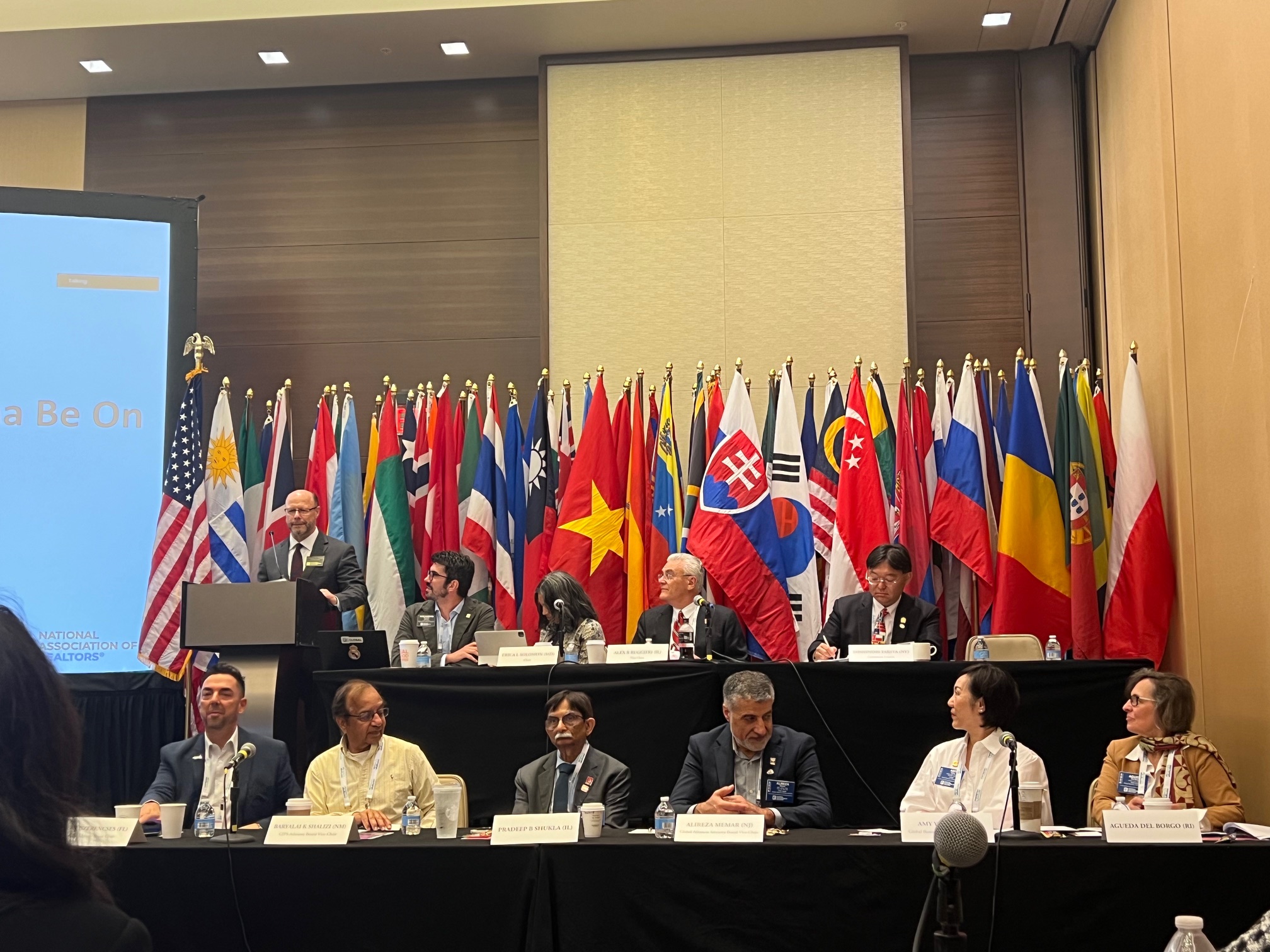In May, dozens of RLI members and leaders came together during NAR’s annual Legislative Meetings to discuss current issues impacting landowners and land professionals.
Having a voice in Washington is key to advancing the four pillars of RLI’s advocacy work:
- Protecting private property rights
- Reducing regulatory burdens
- Protecting beneficial tax structures
- Encouraging economic development
RLI members and leaders discussed a number of issues we are currently involved in or monitoring including WOTUS, Open Fields, 1031 Exchanges, foreign land investments and the Farm Bill.
This year, we've made progress in the areas of protecting private property rights and reducing regulatory burdens on three issues, including two significant court rulings: Open Fields, land use exactions and WOTUS.
Tennessee Court of Appeals Says Warrantless Searches by Game Wardens are Unconstitutional
In the Open Fields case of TWRA vs. Rainwaters, the TWRA claimed authority to enter any private real property (other than a home) "to enforce wildlife laws," essentially without any accountability much less a warrant. The Court of Appeals determined that this statute was unconstitutional as applied to the plaintiffs' land, which they use for farming and recreation, protected by gates and no-trespassing signs. This is a significant win for all private landowners in Tennessee, and especially owners of large tracts of land in rural areas. The decision furthers the interests of NAR, RLI, and TAR in promoting private property rights and the interests of real property owners.
Supreme Court Issues Unanimous Ruling in Land Use Exactions Case
In the case--Sheetz v. County of El Dorado, California--a California landowner filed suit after the county government passed a law that effectively forced him to pay more than $23,000 for a "traffic impact fee" study as a condition to obtain a permit to place a manufactured home on his property.
NAR filed an Amicus brief in November of 2023 along with the American Property Owners Alliance, the REALTORS® Land Institute, and the California Association of REALTORS®, stating, "This case offers a chance to curb the government's ability to extort property for permits by subjecting all exactions-both legislative and executive-to constitutional scrutiny."
The Supreme Court ruled that the government can't demand hefty development fees from property owners as a condition for building permits.
Costly, Unclear WOTUS Rule Halted in Half the U.S.
In 2023, a revised Waters of the U.S. rule expanded Federal jurisdiction by sweeping more “waters” under the Clean Water Act. The rule has created uncertainty for job creators, food producers, housing developers and other important sectors of the national economy.
In 2023, the Supreme Court ruled that only wetlands adjoined to larger bodies of water are regulated by the Clean Water Act. The EPA and Corps then issued a final rule which removed the “significant nexus test” used to determine if a water is WOTUS, and thereby did not comply with the Supreme Court precedent.
with the Supreme Court precedent.
RLI and NAR are pursuing litigation as part of a Waters Coalition. RLI is a named plaintiff in a North Dakota federal court case where The Coalition is asking the court to send the rule back to EPA and the Corps for a rewrite that would narrow the scope of federal permitting jurisdiction over water and wetlands.
Today, half of U.S. states are not implementing the rule due to court injunctions. Those states are following previous WOTUS guidelines.
What’s Ahead
RLI’s Government Affairs Committee is actively engaged in these issues throughout the year. Visit our advocacy page for the most current updates.
A special thanks to NAR Commercial for supporting our efforts. Thank you to the RLI members and leaders, especially our 2024 Executive Team, who came together in Washington, D.C. to protect private property rights, represent landowners and strengthen the future of our industry.